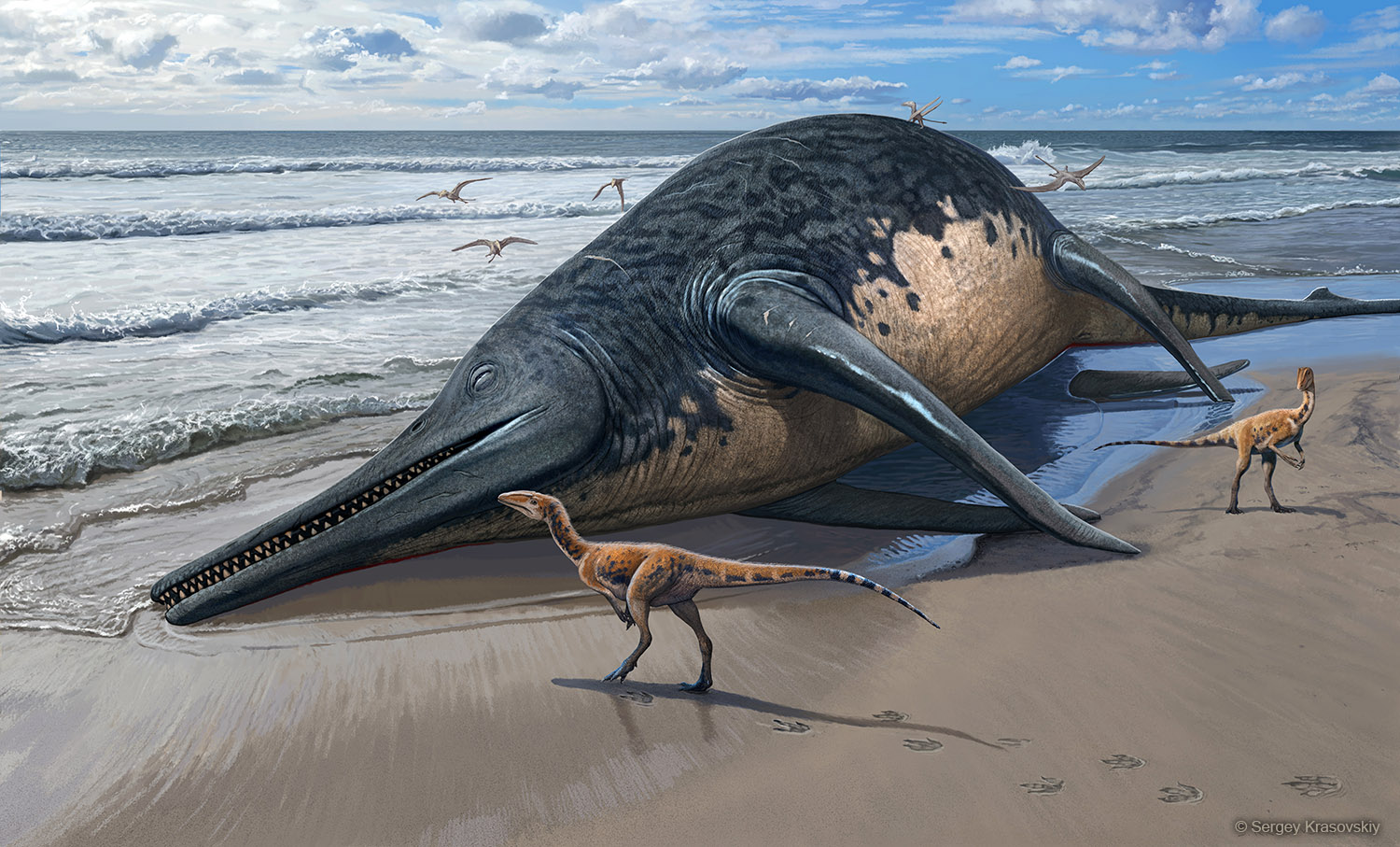-
Climate change is putting NZ’s own alpine grasshoppers at risk
Diversity and Distributions
The North Island is home to just one species of alpine grasshopper, known as Sigaus piliferus. Researchers found there are two sub-groups that adapted to different local conditions across the North Island. The two “ecotypes” are likely to Read more about Climate change is putting NZ’s own alpine grasshoppers at risk
New ZealandMassey University -
'Global blunder': Many people with breast cancer 'systematically left behind'
The Lancet
Breast cancer is now the world’s most common cancer; at the end of 2020, 7. 8 million women had been diagnosed in the past five years but survived, and in the same year, 685,000 women died from the disease. Despite improvements in research, Read more about 'Global blunder': Many people with breast cancer 'systematically left behind'
Australia; VICPeter MacCallum Cancer Centre|The University of Melbourne... -
The brain's reward system works to make others happy, not just ourselves
JNeurosci
The reward system in our brains can help us make others happy as well as making ourselves happy, according to international research. Forty-six participants were put through a challenge that involved rating their food preferences, observing others' Read more about The brain's reward system works to make others happy, not just ourselves
InternationalLudwig Maximilian University Munich, Germany -
New drug may slow rapid progression of Parkinson's disease
Nature Medicine
A drug called prasinezumab may slow signs of motor deterioration in people with rapidly progressing Parkinson’s Disease, according to an re-analysis of data from a large clinical trial by international researchers. The drug is designed to bind to Read more about New drug may slow rapid progression of Parkinson's disease
InternationalRoche Innovation Center Basel, Switzerland -
Cold killer events may be on the rise in our warming oceans
Nature Climate Change
Weirdly, global warming may actually be increasing the frequency and intensity of extreme cold events in our oceans, according to Australian research. Climate change shifts ocean currents and pressure systems, and the researchers found that changes Read more about Cold killer events may be on the rise in our warming oceans
Australia; NSW; QLDJames Cook University|NSW Government|University of the Sunshine Coast... -
Legalising weed likely doesn't lead more teens to it
JAMA Pediatrics
Making cannabis legal in the US doesn't appear to have an effect on adolescents' use of the drug, say US researchers. The investigation looked into survey data over ten years, and, while the legalisation may be associated with modest decreases in Read more about Legalising weed likely doesn't lead more teens to it
InternationalBoston College, USA -
Pregnancy complications can put women at an increased risk of early death for the next 40 years
JAMA Internal Medicine
Women who had pregnancy complications, including gestational diabetes, preterm delivery, high blood pressure, preeclampsia and having a small birthweight baby, may have an increased risk of dying prematurely that lasts for over 40 years. The research Read more about Pregnancy complications can put women at an increased risk of early death for the next 40 years
InternationalThe University of Texas, USA -
Hot weather may put more pressure on mental health services in emergency departments
Medical Journal of Australia
Hot weather could put pressure on the mental health services of emergency departments, with Australian researchers finding that women are more likely to visit an ED for mental health issues when temperatures are high. The study showed that while Read more about Hot weather may put more pressure on mental health services in emergency departments
Australia; NSWThe University of Sydney|The University of New South Wales... -
New way found to treat early relapse in leukaemia
Journal of Clinical Oncology
Researchers at Peter Mac have found a new way to treat a form of leukaemia that stops the disease in its tracks to prolong remission. New research, published in the Journal of Clinical Oncology, has shown how a new combination of a molecular Read more about New way found to treat early relapse in leukaemia
Australia; International; VIC; SAPeter MacCallum Cancer Centre|The University of Adelaide... -
Targeted liver cancer treatment kills cancer cells and could cut chemo side effects
International Journal of Pharmaceutics
Drug-loaded 3D printed films could change cancer treatments forever as research from the University of South Australia shows that new films not only kill more than 80% of liver cancer cells but could also significantly reduce recurrence rates Read more about Targeted liver cancer treatment kills cancer cells and could cut chemo side effects
Australia; International; SAUniversity of South Australia|The University of Adelaide










































